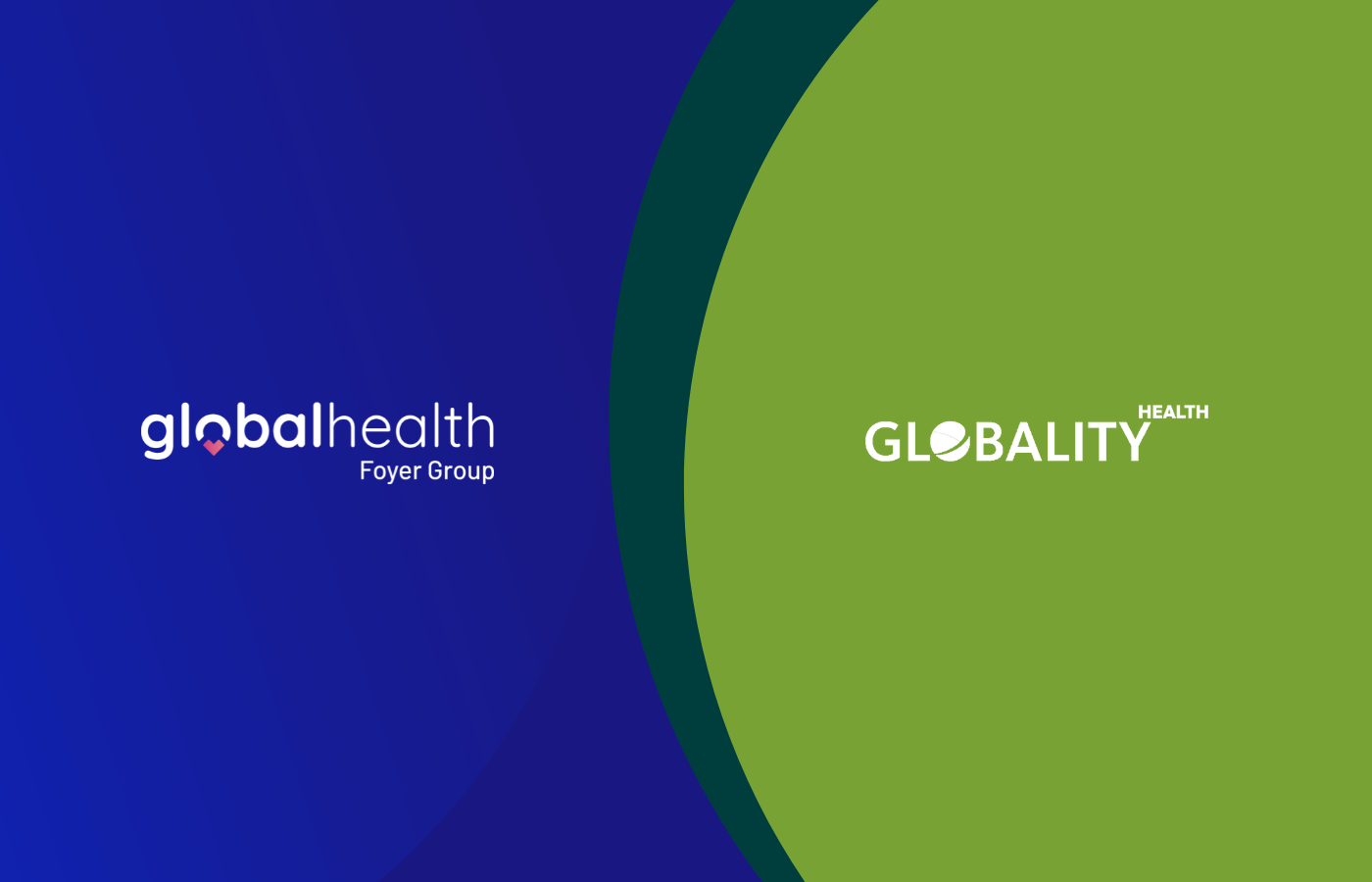The Corona crisis is proving to be the hour of democratically legitimate politics, because it reveals a fundamental weakness common to authoritarian systems. Their political intransparency leads to cover-ups for fear of those in power. Illiberal and authoritarian systems stand for propaganda and disinformation. The Chinese doctors, who were the first to discover the virus at the end of 2019 were initially intimidated by the state health authorities, which wasted precious time. The Corona crisis makes it clear that political lack of freedom is the greatest global risk. The British business magazine The Economist stated a few weeks ago: “In democracies – even in badly governed ones – fewer people die.” And in well-governed democracies, very few people die of corona. The countries favoured to weather the pandemic so far are democracies.
Voluntariness is the key advantage…
The fact that citizens voluntarily accept contact and assembly bans and restrict their individual freedom for the collective protection of the weak is their decisive system advantage. Democratic Intelligence focuses on the connection between security and freedom instead of playing them off against each other. In a democratic state, the use of technology to control citizens is the voluntary exception rather than the rule. Instead of “virtue and terror”, democracy relies on “trial and error”. Instead of infodemic fake news, they rely on innovations such as hackathons, in which startups, scientists and citizens participated. Democracies are better equipt to conduct intelligent discussions about exit options from the lockdown. In a democracy, alternatives are argued daily, it is a constant “discussion orgy”. Democracies are therefore better able to produce decisions based on trade-offs and conflicting goals that are accepted by a broad majority.
The new competition: Black Box versus Open Space
Even after Corona, the political systemic competition between the two old social models will continue: authoritarian-disciplined versus adaptive-social-individualistic. The old conflicts to be renewed on a socio-cultural level. The new polarities and global power relations are less marked by weapons or economic power than by a competition of values. Tomorrow’s power struggles are cultural struggles both externally and internally. Externally between a controlling central power and enlightened individualism based on solidarity, and internally between a trusting and a paternalistic society. What is decisive is the relationship of trust between state and citizens: Is it mutual or one-sided? Do government and citizens trust each other or not? Where the “black box democracy” makes far-reaching decisions based on advice that should remain secret and confidential, the “open space democracy” relies on trust through transparency and honesty. The favoured level of black box democracy is the central state with a powerful government and an elite that tries to impose its vision of progress through institutions of supranational regulation; open space democracy, on the other hand, relies on small units such as federal states, cantons and their citizens as instruments of political decision-making. Federal systems learn faster and efficiently and rely more on the involvement of their citizens.
Looking back, we will see that not only medicine, but freedom and voluntariness have defeated the virus. The decisive factor was human, social intelligence – democratic common sense and its need for freedom and responsibility.
Daniel Dettling is a lawyer, administrative and political scientist and futurologist. He heads the Institute for Futures Studies, based in Berlin. He is a columnist for Globality Health and writes regularly about megatrends and current topics.






